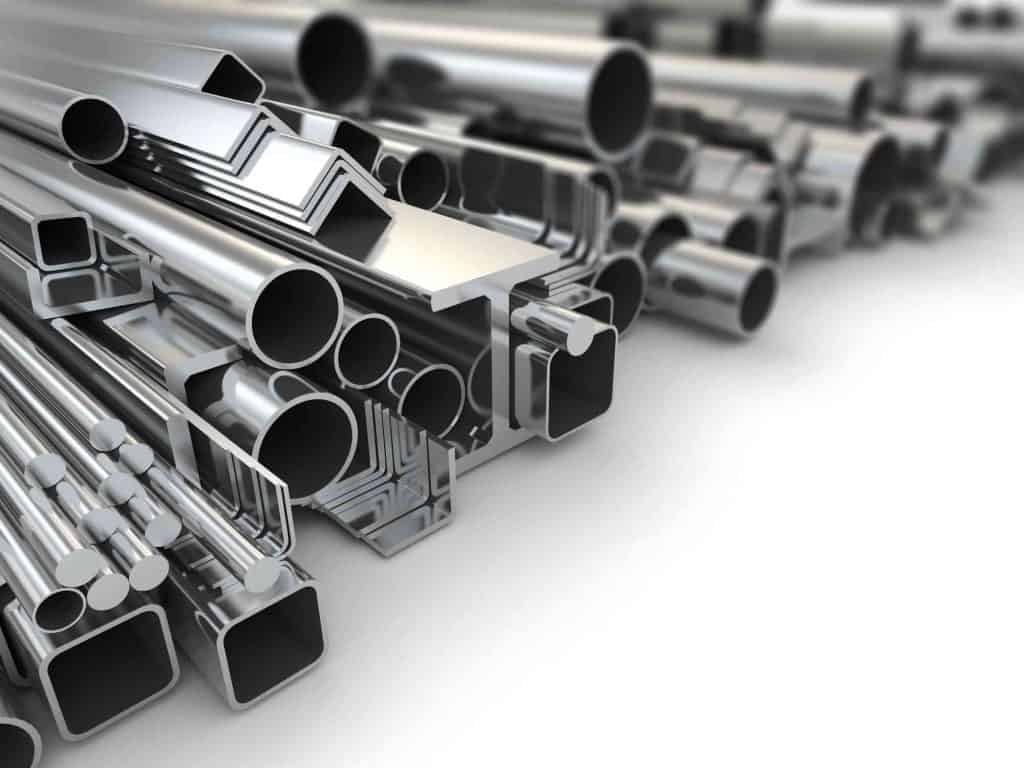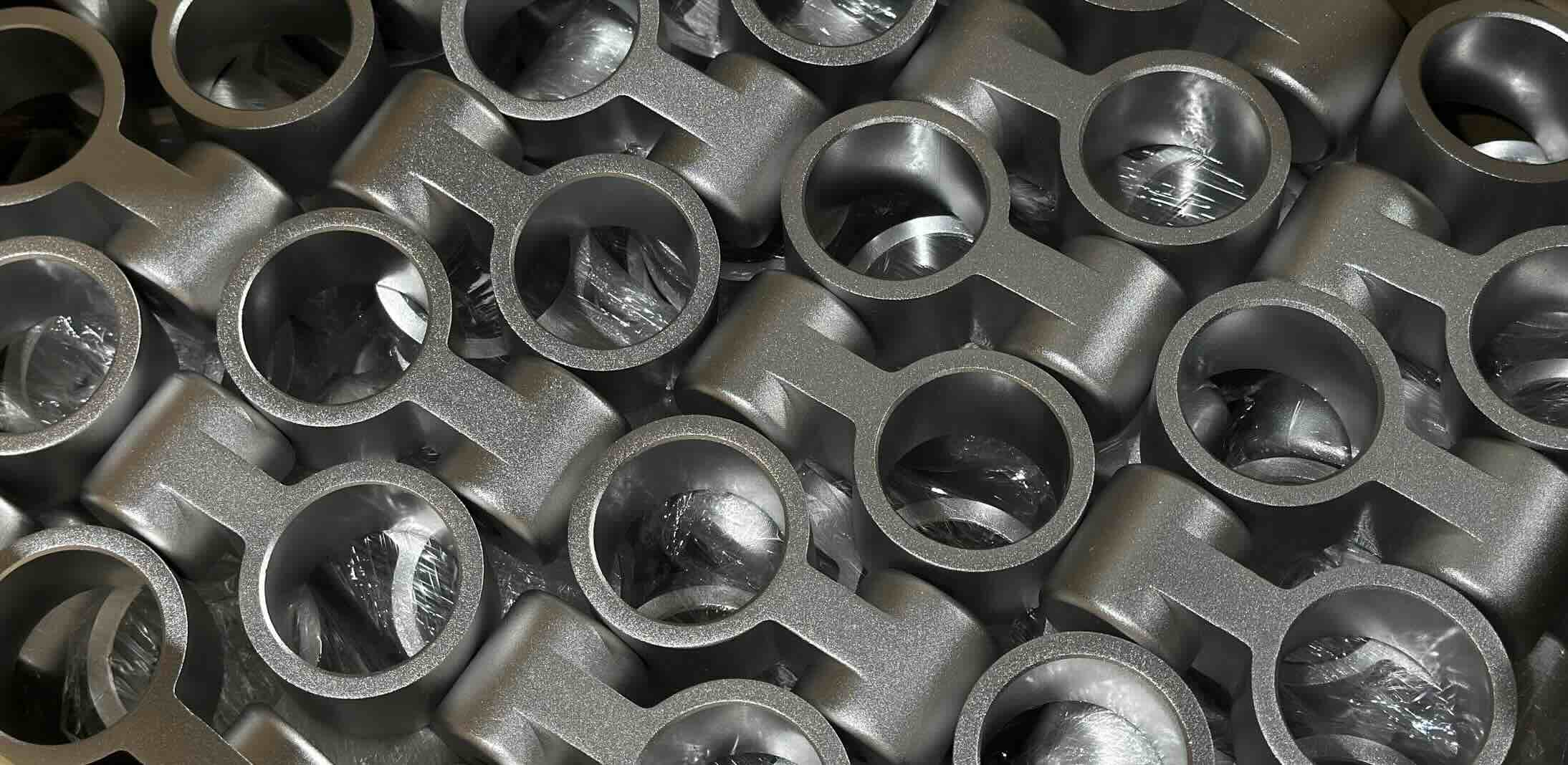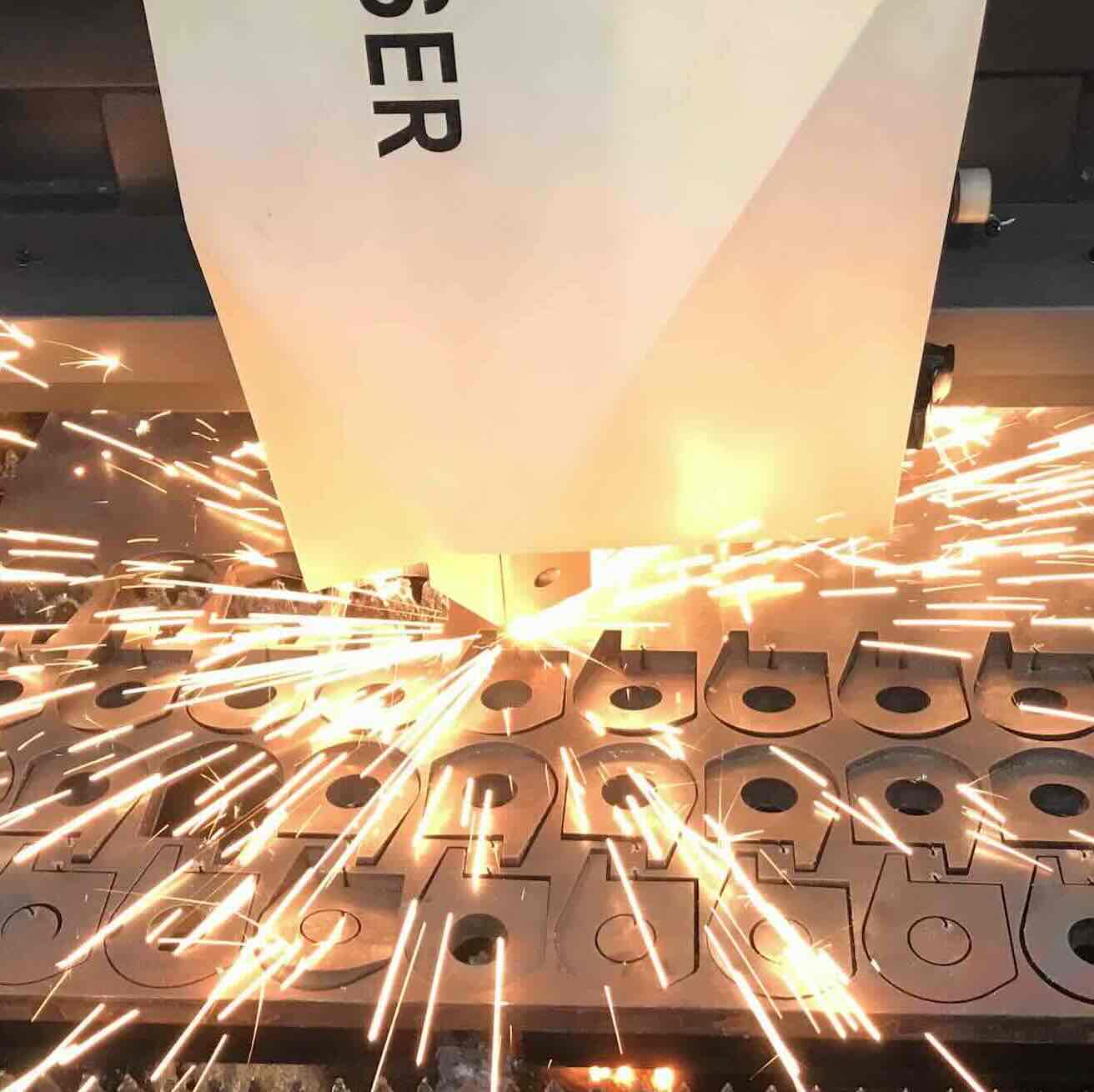Aluminum Sheet Metal Fabrication in Vietnam
Sheet metal production is one of the most common types of industrial production in the United States, and it's no surprise -- almost every industry needs some sheet metal work, from massive shipping containers and storage services to intricate electronic elements.
What is sheet metal fabrication?
Sheet metal fabrication is made up of almost as lots of distinct kinds of processes as the industries it serves. Their common objective, which is to transform a sheet of metallic product into a working part for usage in a specific application, can be accomplished with some approaches.
Flexing, cutting, joining, press and roll forming, mechanical working, and annealing are all ways to transform a flat sheet of metal into a three-dimensional piece, either finished in its own right or as a component that will go on to be part of a larger, more intricate part or system.
Specialty producers offer numerous special processes, relying on the needs of an application.

Custom Aluminum Parts Machining
If you require aluminum parts machined, we are one of the most capable and cost-effective sources, and we can finish the job right.
Aluminum is the third most abundant aspect in the earth's crust after oxygen and silicon and is a relatively brand-new commercial metal, extensively used for less than 100 years.
Benefits
Aluminum parts are economical, lightweight and attractive. Parts made from this metal are frequently less costly because they can be machined in less time than lots of other metals such as steel and do not need extra surfaces. As the pure metal is soft, small amounts of copper, magnesium, zinc and other aspects are added for strength. It is resistant to rust as a thin protective layer is formed when exposed to the environment, preventing surface rust. Aluminum is chemical resistant, simple to machine, and has a high strength to weight ratio-- it weighs about one-third as much as steel.
It is likewise an excellent conductor of electricity and heat, making it ideal for heat sinks, and reflects heat and light, is non-magnetic and is malleable.
Aluminum Alloys
A few of the most popular aluminum alloys follow.
- Aluminum 2024 is utilized in applications needing high strength to weight ratio, in addition to excellent tiredness resistance. It is not weldable and has average machinability. 2024 has poor corrosion resistance. Due to its high strength and tiredness resistance, 2024 is widely used in aircraft structures, especially wing and fuselage structures under stress.
- Aluminum 5052 is one of the most typical alloys of aluminum in sheet metal fabrication. It is readily bent, punched and sheared.
- Aluminum 6061 has great mechanical homes and good weldability. It is among the most common alloys for basic function use. 6061 is extensively utilized for the building of aircraft structures, such as wings and fuselages, yacht construction, energy boats and bike frames and elements. 6061 is extremely weldable and is typically utilized in extrusions and hot forging of automotive and industrial parts.
- Aluminum 6063 has typically good mechanical homes and is heat treatable and weldable. It is mostly utilized in extruded shapes for architecture, particularly window frames, door frames, roofings, piping, tubing, and furnishings. 6063 is extremely weldable although strength near the weld can be lessened by up to 30% without subsequent heat treating.
- Aluminum 7075 is strong, with good tiredness strength and average machinability, but is not weldable and has less resistance to deterioration. Cost is fairly high. 7075 is typically used in airplane consisting of wings and fuselages, rock climbing equipment and bike components.
Industries and Products We Serve
At Australian General Engineering Vietnam, we cater to a wide array of industries with our aluminum sheet metal fabrication capabilities:
- Automotive: Car parts, lightweight components, and structural aluminum parts.
- Yacht: Aluminum masts and spars.
- Construction: Aluminum sheet metal for building facades, roofing, and architectural elements.
- Electrical and Electronics: Heat sinks, enclosure, and electrical cabinets.
- Medical Devices: Medical instruments and equipment.
ARMY ACCESSORIES
Australian General Engineering Vietnam is the fabricator of choice for the Australian Defence Force to manufacture army accessories. We are responsible for producing entrenching tools and folding chairs for Australia's military.
LASER CUTTING
Thanks to our state-of-the-art FIBER LASER cutting technology and computer software, we can precision laser cut a range of materials including:
Mild steels up to 25mm
Stainless steels up to 20mm
Aluminium up to 20mm
Our flexible equipment is ideal for small batch and large production runs of a diverse range of components.
STREET/PARK LITTER BIN ENCLOSURES
We offer broad range of sheet metal and general fabrication services which allow us to manufacture street recycling bins and garbage bins using in parks or green spaces. They are completely manufactured at Australian General Engineering Vietnam and then exported to Australia.
HOSPITAL BED / HEALTHCARE
The design and functionality of Hospital Bed are customized to meet the high demands of intensive care. This modern critical care bed with column construction offers many advanced features that help the medical staff treat and care for critically stroke or aged patients.




